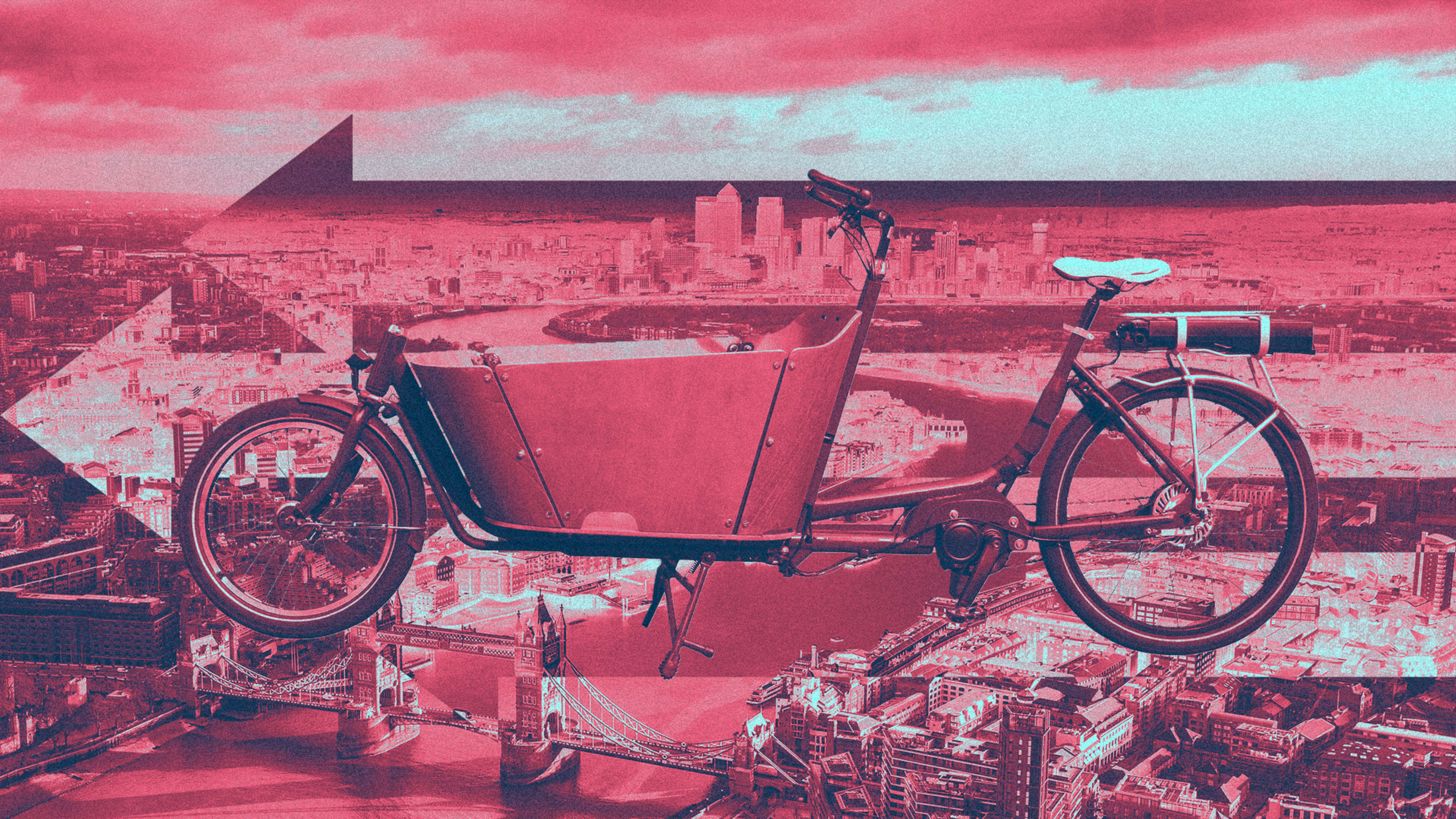London’s has been plagued by poor air quality for years. The main source of the bad air is traffic, and to its credit, London has taken a number of steps to clean it up: Last year, the central City of London district called for a car ban on half its roads, and in 2017, Mayor Sadiq Khan proposed subsidizing drivers to purchase lower-emissions vehicles. (There have also been more tongue-in-cheek calls to action, like a robotic teddy bear affixed to a street post that coughs when pollution levels get too high, and pigeons outfitted with air-quality monitors to put smog conditions on blast.)
This month, the city’s efforts are reaching new levels: On April 8, London is set to designate the central part of the city an Ultra Low Emission Zone (ULEZ), in which vehicles will have to meet updated, more stringent emissions standards or face a cost for driving in the area (the ULEZ overlaps with the part of London that already charges cars a fee for traversing it, a policy designed to curb both congestion and pollution).
While car owners are checking to ensure their vehicles meet the emissions standards, businesses in the central district that rely on trucks or vans to carry out deliveries or shipments have an opportunity to get around them entirely–by availing of a subsidy encouraging businesses to swap out their vehicles for electric cargo bikes.
Team London Bridge, a Business Improvement District that covers over 400 companies in the bridge area, will roll out the “Bikes for Business” program before the introduction of the ULEZ, according to Forbes. Through it, businesses that are interested in swapping out their vehicles for bikes will get advice from Team London Bridge and their transportation consultancy partner, MP Smarter Travel, about which areas of their operations could be carried out by bike. They then can secure a subsidy to offset some of the cost of the bike. The subsidy will be delivered through a new national program, the eCargo Bike Grant Fund, managed by the U.K. Department of Transportation, which covers 20% of the cost of an electric cargo bike (up to £1,000) for interested businesses and nonprofits.
According to Team London Bridge, there’s enormous demand for this type of service. The BID conducted a study of its member businesses recently and learned that while just 23% of London Bridge businesses use bikes for deliveries, 87% expressed interest in doing so.
Not only are electric cargo bikes decidedly better for the environment than diesel-powered vehicles, they’re also much more nimble and able to navigate swiftly around the congestion that still plagues central London, despite the fee that vehicles pay. Interest in electric bikes overall is booming: In European countries, e-bike sales have climbed into double digits in the past year, and the U.S. is catching up. Companies like Rad Power Bikes are rolling out electric cargo bikes and tricycles with the specific aim of getting vehicle-delivery-dependent businesses to convert their operations. A subsidy like the kind that will be available to businesses in London could help more businesses make the jump by offsetting up-front costs–and businesses will likely save money down the line as they see their fuel costs diminish, and their efficiency improve.
Recognize your brand’s excellence by applying to this year’s Brands That Matter Awards before the final deadline, June 7.
Sign up for Brands That Matter notifications here.
